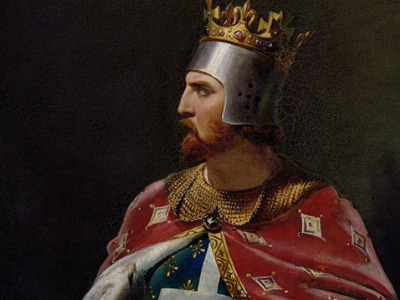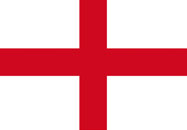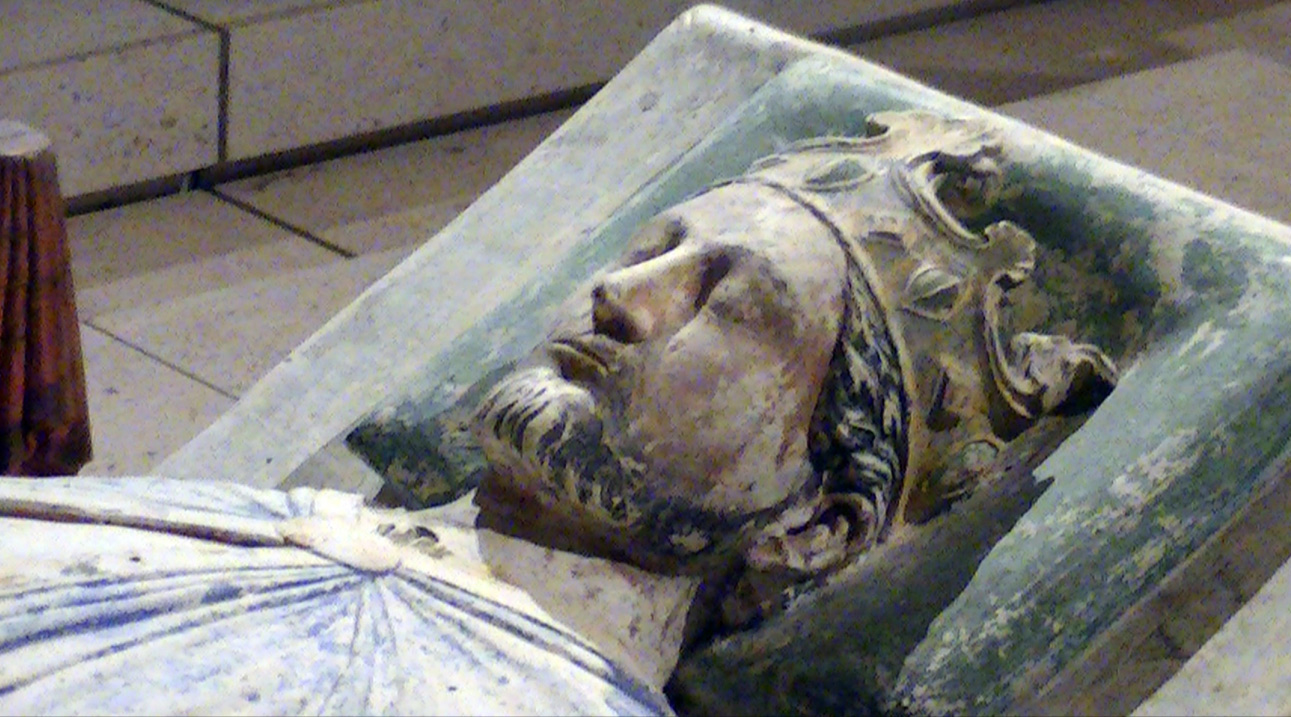Richard I of England (1157-1199)
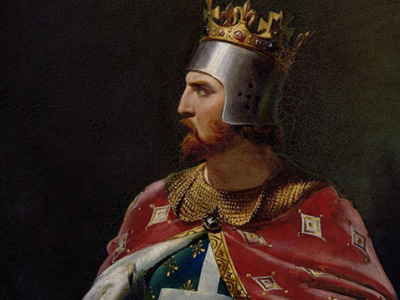
Conquest of Cyprus
In April 1191 Richard left Messina for Acre, but a storm dispersed his large fleet. After some searching, it was discovered that the ship carrying his sister Joan and his new fiancée Berengaria was anchored on the south coast of Cyprus, along with the wrecks of several other vessels, including the treasure ship. Survivors of the wrecks had been taken prisoner by the island's ruler, Isaac Komnenos.
On 1 May 1191 Richard's fleet arrived in the port of Lemesos (Limassol) on Cyprus. He ordered Isaac to release the prisoners and treasure. Isaac refused, so Richard of England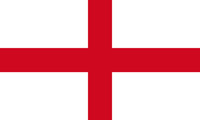 The Kingdom of England was a sovereign state on the island of Great Britain from about 927, when it emerged from various Anglo-Saxon kingdoms, until 1 May 1707, when it united with Scotland to form the Kingdom of Great Britain. The Viking invasions of the 9th century upset the balance of power between the English kingdoms, and native Anglo-Saxon life in general. The English lands were unified in the 10th century in a reconquest completed by King Æthelstan in 927. landed his troops and took Limassol. Various princes of the Holy Land arrived in Limassol at the same time, in particular Guy of Lusignan. All declared their support for Richard provided that he support Guy against his rival, Conrad of Montferrat.
The Kingdom of England was a sovereign state on the island of Great Britain from about 927, when it emerged from various Anglo-Saxon kingdoms, until 1 May 1707, when it united with Scotland to form the Kingdom of Great Britain. The Viking invasions of the 9th century upset the balance of power between the English kingdoms, and native Anglo-Saxon life in general. The English lands were unified in the 10th century in a reconquest completed by King Æthelstan in 927. landed his troops and took Limassol. Various princes of the Holy Land arrived in Limassol at the same time, in particular Guy of Lusignan. All declared their support for Richard provided that he support Guy against his rival, Conrad of Montferrat.
The local magnates abandoned Isaac, who considered making peace with Richard, joining him on the crusade, and offering his daughter in marriage to the person named by Richard. Isaac changed his mind, however, and tried to escape. Richard's troops, led by Guy de Lusignan, conquered the whole island by 1 June. Isaac surrendered and was confined with silver chains because Richard had promised that he would not place him in irons. Richard named Richard de Camville and Robert of Thornham as governors. He later sold the island to the master of Knights Templar, Robert de Sablé, and it was subsequently acquired, in 1192, by Guy of Lusignan and became a stable feudal kingdom.
The rapid conquest of the island by Richard is more important than it may seem. The island occupies a key strategic position on the maritime lanes to the Holy Land, whose occupation by the Christians could not continue without support from the sea. Cyprus remained a Christian stronghold until the battle of Lepanto (1571). Richard's exploit was well publicised and contributed to his reputation, and he also derived significant financial gains from the conquest of the island. Richard left Cyprus for Acre on 5 June with his allies.
HISTORY
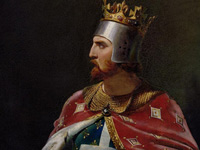
RESOURCES
This article uses material from the Wikipedia article "Richard I of England (1157-1199)", which is released under the Creative Commons Attribution-Share-Alike License 3.0.
© Stories Preschool. All Rights Reserved.
